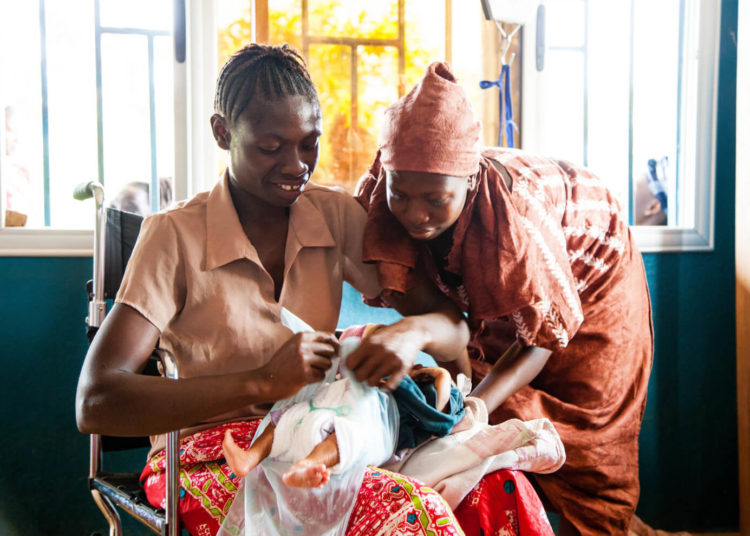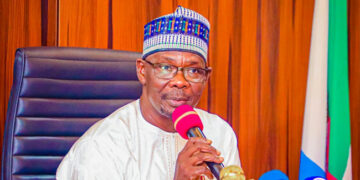Religious clerics have been urged to play a more active role in educating their followers on the importance of child spacing and family planning, stressing that these align with both health benefits and religious teachings.
In an interview with LEADERSHIP Sunday, a renowned Islamic scholar, Sheikh Bello Mai Nasiha, underscored the importance of child spacing, stressing that it is not only beneficial to the health of mothers and children but also consistent with the principles of Islam, which values moderation, responsibility and the preservation of life.
He noted that many misconceptions surrounding family planning stem from ignorance and misinterpretation of religious texts.
“Clerics carry the responsibility of correcting such notions and guiding their followers with sound knowledge and wisdom.
“Islam encourages the protection of the mother and child. When pregnancies are properly spaced, it reduces health risks, prevents maternal mortality and ensures the well-being of the family,” he explained.
The scholar also highlighted that family planning provides parents with the ability to cater adequately for their children’s education, nutrition and upbringing, which are integral responsibilities in Islam.
He emphasised that bringing children into the world without the means to care for them contradicts the values of justice and compassion in the religion.
Religious leaders, he maintained, are highly respected voices in society and therefore must use their influence to dispel myths and misconceptions about child spacing and family planning.
Sheikh Mai Nasiha cautioned against viewing family planning solely as a western idea, insisting that its essence is rooted in wisdom and responsibility that Islam has always encouraged.
He urged couples to consult medical experts alongside religious guidance when making decisions on birth spacing and family planning.
The cleric called on fellow scholars and Imams across mosques in Sokoto and beyond to include discussions on child spacing in their sermons and teaching sessions, as this would reach the grassroots and create awareness among people in both rural and urban communities.
He further urged government agencies and non-governmental organisations to collaborate with religious leaders in sensitisation campaigns, noting that such partnerships would bridge the gap between medical science and religious understanding.





